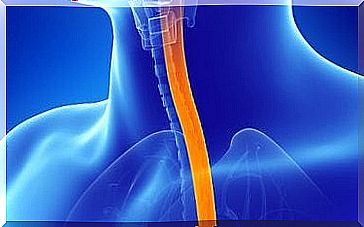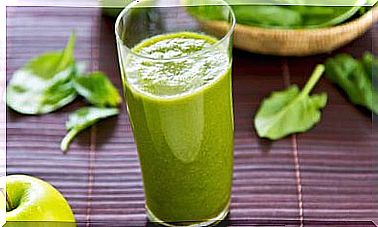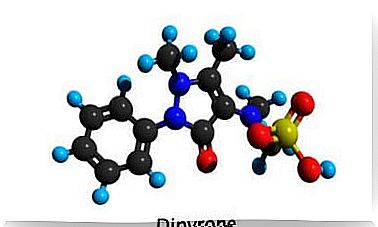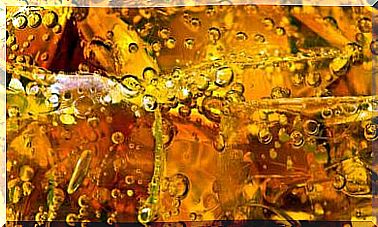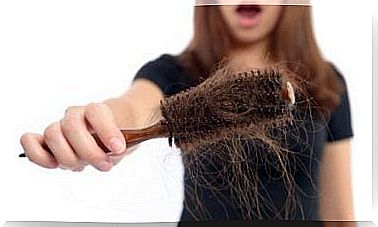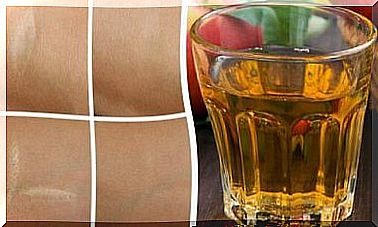Hypothyroidism – Recommended Medicinal Plants
Regular consumption of St. John’s wort can help with tiredness, depression, listlessness or listlessness that can be caused by hypothyroidism.
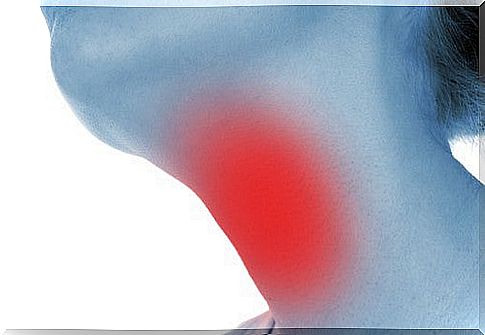
Women in particular suffer from hypothyroidism or an underactive thyroid. If the thyroid glands are no longer sufficiently active, the body is insufficiently supplied with thyroid hormones.
As a result, the metabolism works slower and performance decreases. .
Often times , hypothyroidism becomes a chronic disease and patients must take levothyroxine tablets on a daily basis. This can then deliver new thyroxine to the body and regulate the amount of hormones in the body.
Medical treatment combined with a suitable diet allows the patient to regain a certain quality of life and to cope with everyday life normally.
Below we are going to give you a range of pieces of advice on how to treat hypothyroidism with medicinal herbs.
Symptoms of hypothyroidism
- fatigue
- Weight gain
- constipation
- muscle pain
- Feeling cold
- Dry skin
- Hair loss
- Menstrual irregularities
- sleep disorders
- Accumulation of fluids in the body
- Tendency to be depressed
Medicinal plants that can help with hypothyroidism
ginger
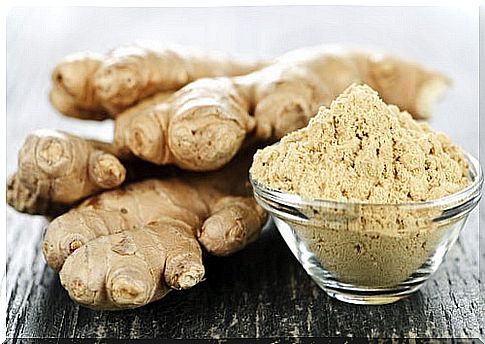
Ginger stimulates our circulation, which is essential for proper blood flow in the body. With ginger we can not only fight fatigue, but also treat the feeling of cold that is typical of this disease.
Furthermore, like all bitter plants and herbs, ginger stimulates our digestion.
You can make a tea from the ginger root. Grate a spoonful of ginger, then boil it in hot water for a few minutes. Then let it steep and the healthy tea can be drunk after meals.
Johannis herbs
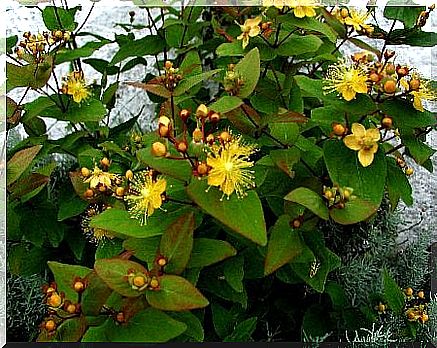
This plant is great for treating the side effects of hypothyroidism. It helps with symptoms such as tiredness, depression, aversion and apathy that can result from this disease.
The herb is one of the best known natural antidepressants. It can be prepared as a tea or in the form of tablets, which are available in natural health stores and drug stores.
The commercial name of this plant is “Hypericum”. It is recommended to take one 0.5 mg tablet per day for one month.
Seaweed Fucus
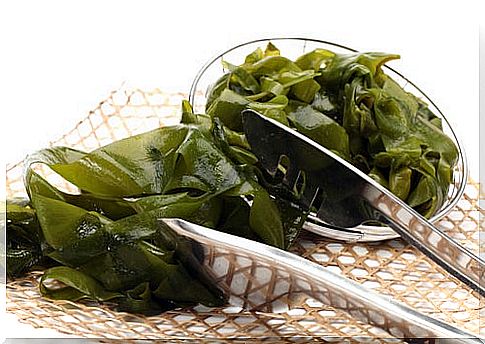
The sea algae, such as kelp or Iceland moss, are ideal for hypothyroidism. They contain a lot of iodine, which is fundamental in treating hypothyroidism. Even though iodine is usually consumed with food, we recommend consuming seaweed as well.
However, caution is advised, because algae are not always recommended. This is because they are not always agreed with the prescribed medication, as otherwise the patient may ingest too much iodine. Be sure to talk to your doctor first.
dandelion
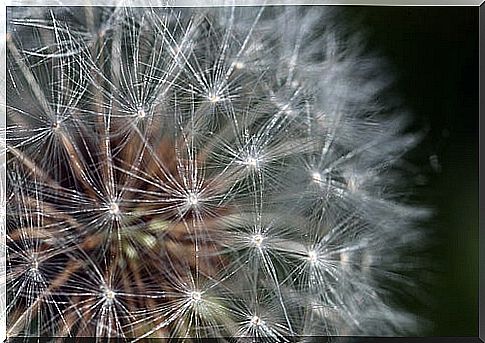
Constipation is also common in hypothyroidism, which is why natural bowel regulation is important. Dandelions can do a good job here. To stimulate digestion, it is best to drink a cup of dandelion tea before each meal.
To do this, take three buds of the plant and boil them in a cup of water for five minutes. Then let it steep and then drink slowly.
Cayenne pepper tea
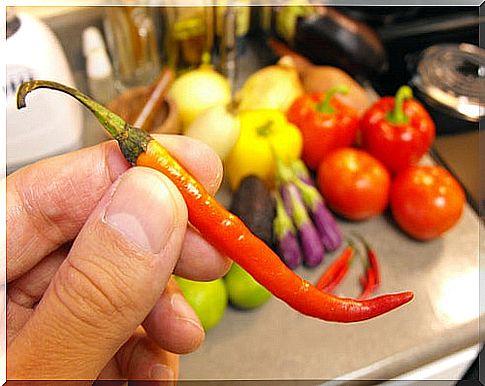
Cayenne pepper tea helps us improve blood circulation. In this way we can treat the feeling of coldness that so often occurs in hypothyroidism. This pepper also makes it possible to stimulate the body. It is best to have a cup of tea in the afternoon.
To do this, take 1/4 spoon of powdered cayenne pepper (a pinch) and boil it in hot water. Then let it steep for a few minutes and you can enjoy the tea.
